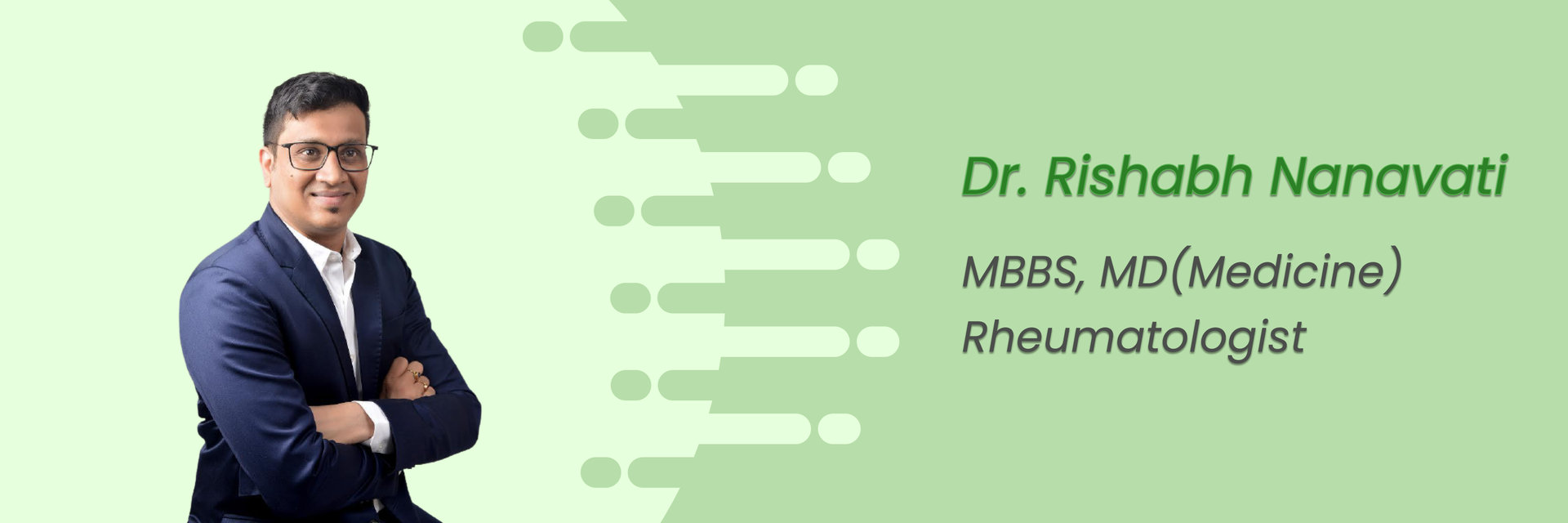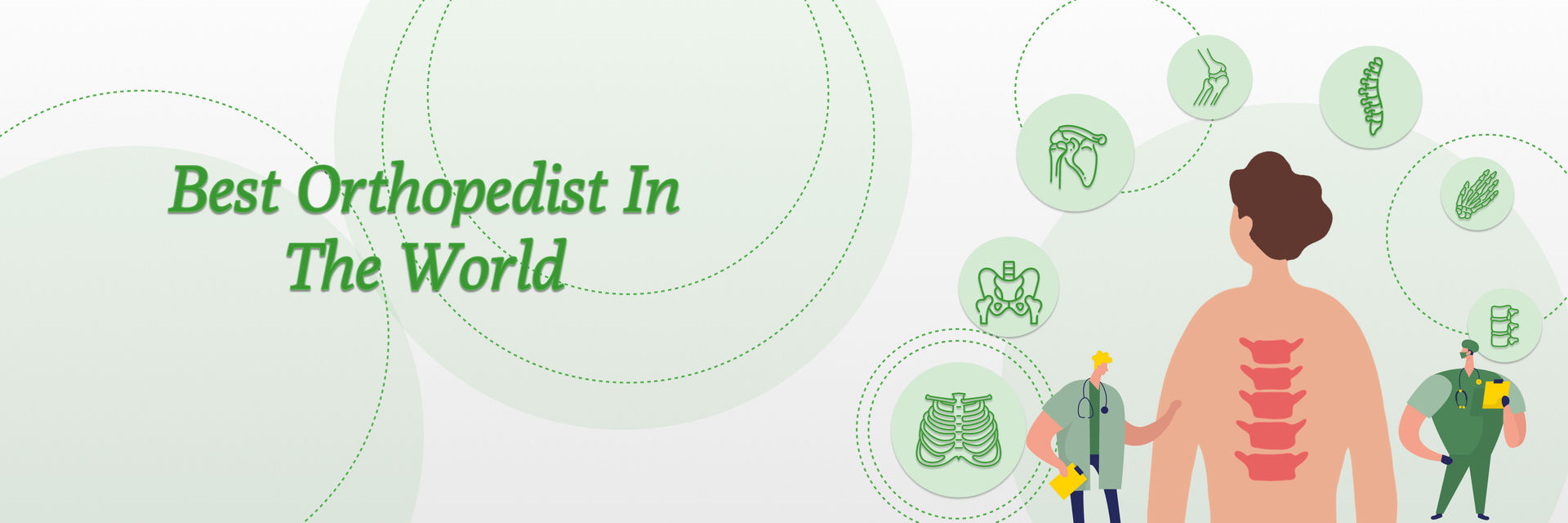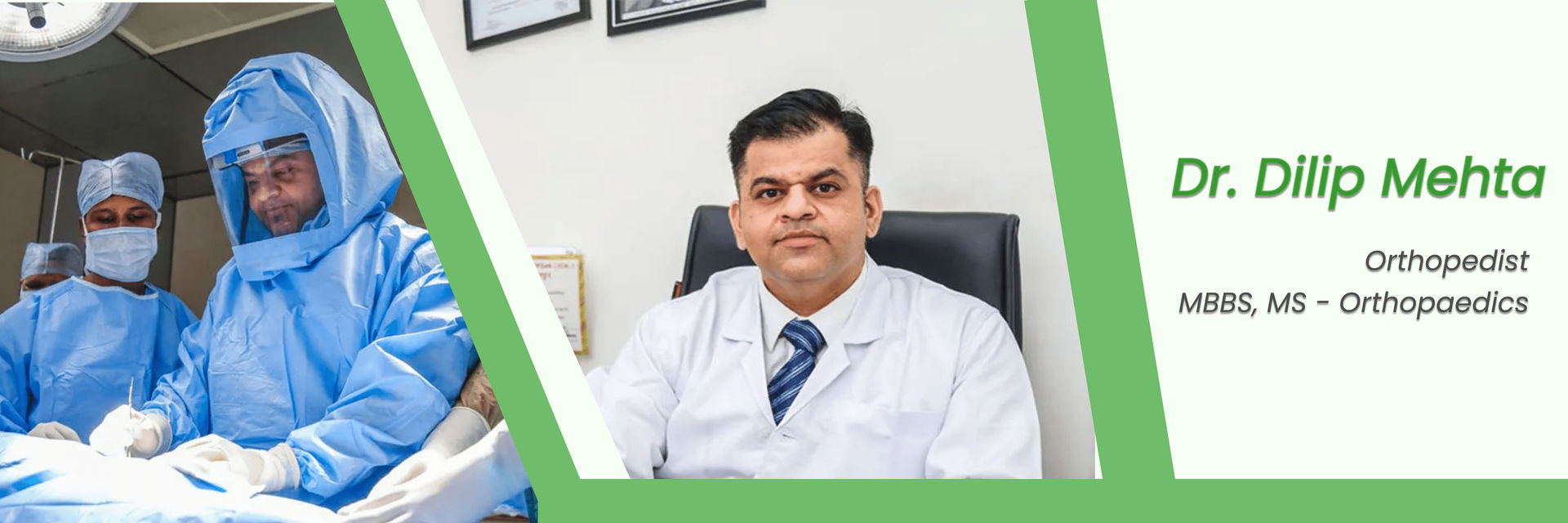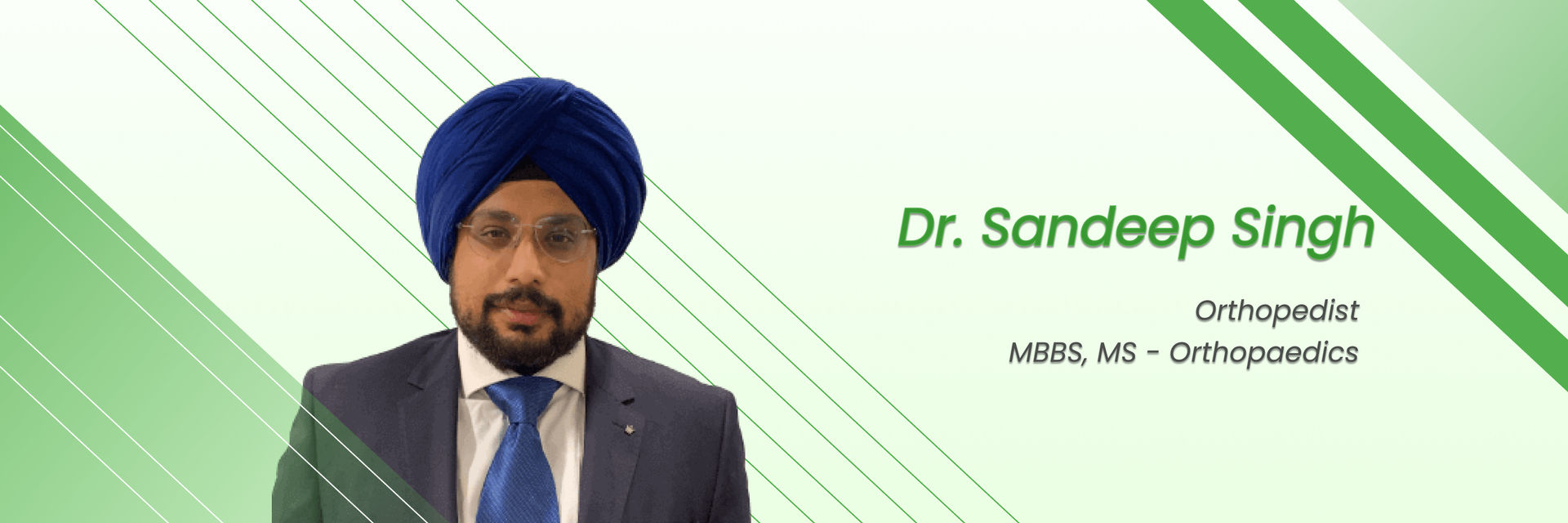Achilles tendon injuries are common, especially among athletes and active individuals. This contributes to over 15% of reported cases involving the Achilles tendon in India. The Achilles tendon connects the calf muscles to the heel bone and facilitates essential movements such as walking and running. Post-surgery, patients typically experience relief, but some report persistent or recurring pain 1 year after Achilles tendon surgery. This article explores the science behind this pain, its causes, and potential treatment strategies.
Understanding Achilles Tendon Surgery
Achilles tendon surgery repairs tears or ruptures, typically resulting from sports activities or sudden injury. The procedure involves stitching the torn tendon back together and can be followed by a lengthy recovery period, sometimes up to a year. However, in some cases, individuals experience pain even 12 months after the surgery, raising concerns about whether the healing process has been completed effectively.
Common Causes of Pain 1 Year After Achilles Tendon Surgery
1. Incomplete Healing: Sometimes, the tendon may not fully heal, leading to ongoing pain. This incomplete recovery could be due to improper rehabilitation or inadequate post-surgical care. Scar tissue formation may also restrict the tendon’s movement, causing discomfort.
2. Tendonitis: Chronic tendonitis can develop after surgery, especially if the tendon is overstressed during recovery. Overuse, improper stretching, or resuming physical activity too early can inflame the tendon, leading to pain even a year after the surgery.
3. Scar Tissue Formation: The development of excess scar tissue (adhesions) is common in surgical recovery. While scar tissue helps heal, too much can restrict mobility and cause stiffness, resulting in pain. Patients may feel this particularly when walking or running.
4. Nerve Damage: There is a slight risk of nerve injury during surgery. This can result in tingling, numbness, or sharp pain that persists long after the tendon has healed. Nerve pain may feel different from the typical aching of the tendon and is often described as sharp or burning.
5. Post-Surgical Complications: Infections, blood clots, or improper tendon alignment after surgery can also contribute to pain one year after the procedure. Infections can lead to inflammation and tissue damage, which may prolong the healing process.
Experiencing ongoing pain after surgery? Book an appointment with the best orthopedists in India and start your recovery today.
Symptoms to Look For
- Persistent stiffness or swelling around the heel and lower calf.
- Sharp or aching pain during physical activity.
- Tenderness or sensitivity when touching the surgical site.
- Limited range of motion or difficulty in walking or running.
- Redness, heat, or signs of infection.
Diagnosing the Pain 1 Year After Surgery
If pain persists 1 year after Achilles tendon surgery, medical professionals typically recommend imaging tests, including:
- MRI Scans: To check for any tears or incomplete healing.
- Ultrasound: To evaluate scar tissue and tendon inflammation.
- X-rays: To assess the bone structure and rule out any alignment issues.
Consult a specialist if you are experiencing continued discomfort. Book an appointment with the best orthopedic doctors in India today!
Treatment Options for Pain Relief
1. Physical Therapy: Physical therapy is often the first line of treatment for pain experienced after Achilles tendon surgery. It focuses on improving mobility, reducing scar tissue, and enhancing tendon strength. Therapists use a combination of stretching exercises, massage, and strengthening routines tailored to the patient's condition. Eccentric exercises (stretching the tendon while it's being lengthened) are particularly effective in reducing chronic pain and preventing further injury.
- Why this works: Stretching and strengthening improve flexibility and circulation, reduce stiffness, and promote healing.
- What you should do next: If you're still feeling pain, consult a physical therapist who can guide you through personalized exercises.
2. Anti-Inflammatory Medications
Non-steroidal anti-inflammatory drugs (NSAIDs) like ibuprofen and naproxen are effective for reducing pain and inflammation post-surgery. These medications can be taken orally or applied as topical gels.
- Why this works: NSAIDs block substances in the body that cause inflammation and pain, offering temporary relief.
- Important Note: Prolonged use of NSAIDs should be avoided due to potential side effects such as gastrointestinal issues.
3. Platelet-Rich Plasma (PRP) Therapy
PRP therapy involves injecting a concentrated dose of platelets from your blood directly into the injured area. This therapy has gained popularity as it promotes faster tissue regeneration and healing. PRP helps improve blood flow to the tendon, accelerating recovery from chronic pain and inflammation.
- Why this works: PRP enhances natural healing by promoting tissue regeneration and reducing inflammation in the affected area.
4. Cortisone Injections
Cortisone injections can help in cases of severe inflammation or when other treatments haven’t worked. These injections reduce swelling and pain but should be used sparingly due to their potential to weaken the tendon with repeated use.
- Why this works: Cortisone is a powerful anti-inflammatory that reduces pain and swelling in the tendon.
- Caution: Cortisone is a short-term solution, and overuse can cause more harm than good in the long run.
5. Extracorporeal Shockwave Therapy (ESWT)
ESWT is a non-invasive treatment that uses shockwaves to stimulate blood flow and accelerate tissue repair in the Achilles tendon. This therapy is beneficial for patients experiencing chronic pain after surgery.
- Why this works: The shockwaves help break up scar tissue and promote new, healthy tissue growth.
6. Surgical Revision
In cases where conservative treatments do not provide relief, a surgical revision might be necessary. This surgery involves removing scar tissue or re-aligning the tendon to restore function and alleviate pain. This is usually considered only after all other options have been exhausted.
- Why this works: Correcting structural issues in the tendon can provide long-term relief and restore mobility.
Recovery and Prevention Tips
- Follow the Rehabilitation Plan: Stick to the prescribed rehabilitation exercises to strengthen the tendon and avoid re-injury.
- Gradual Return to Activity: Do not rush back into sports or strenuous activities. Ensure the tendon is fully healed before engaging in high-impact exercises.
- Use Proper Footwear: Shoes with adequate heel support and cushioning can reduce stress on the Achilles tendon and prevent re-injury.
- Stretching and Strengthening: Regular stretching exercises can improve flexibility and reduce the risk of future tendon issues.
- Listen to Your Body: If you experience pain or discomfort, rest and consult a specialist before resuming physical activity.
Common Misconceptions
1. Pain Means Surgery Failure
Not necessarily. Pain after surgery can be caused by several factors, which don’t always indicate surgical failure. Proper diagnosis and treatment can resolve the pain.
2. Complete Rest is Necessary
While rest is important, complete inactivity can lead to stiffness and prolonged recovery. Controlled exercises under the guidance of a physiotherapist are key.
3. Once Healed, The Tendon Won’t Be a Problem Again
While surgery improves the tendon’s function, it is still vulnerable to re-injury. Regular maintenance exercises are crucial for long-term health.
If the pain persists or worsens after one year, seeking medical attention is essential. Book an appointment with the best orthopedic surgeons in India and get the care you need to recover fully.
FAQs
1. Is it normal to have pain 1 year after Achilles tendon surgery?
Yes, some patients experience pain even a year post-surgery due to factors like incomplete healing, scar tissue, or tendonitis. Consult your doctor for a detailed evaluation.
2. Can I resume sports if I still have pain after one year?
It is not advisable to engage in sports if you are still in pain. Resuming physical activity too early can lead to re-injury or further complications.
3. What are the risks of ignoring pain one year after surgery?
Ignoring the pain can lead to chronic conditions, re-injury, or complications like nerve damage and increased scar tissue formation.






